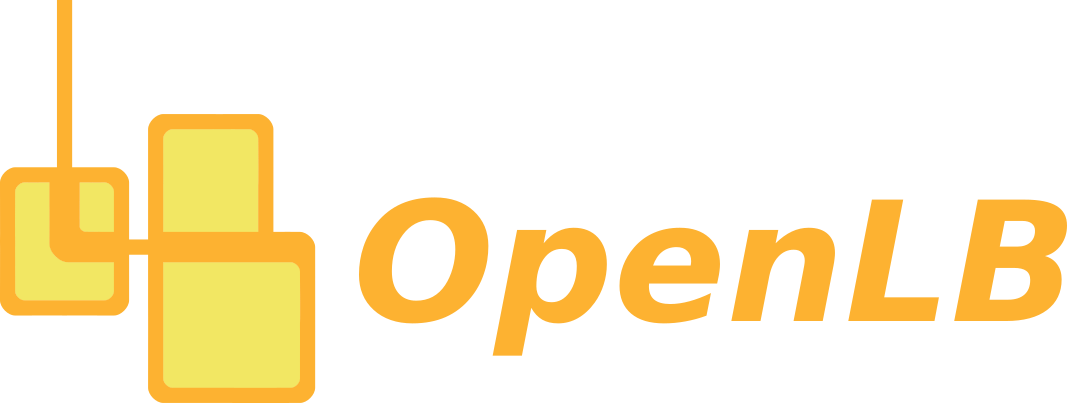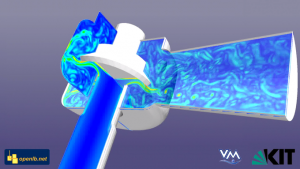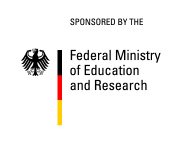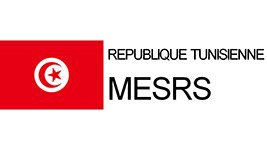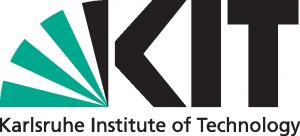Lattice Boltzmann Methods
with OpenLB Software Lab
19.-23. March 2018
Karlsruhe, Germany
Executive committee
-
- Mathias J. Krause, Karlsruhe Institute of Technology, Germany
-
- Albert Mink, Karlsruhe Institute of Technology, Germany
-
- Mahdi Tekitek, Université de Tunis El Manar, Tunisia
- Ezeddine Sediki, Université de Tunis El Manar, Tunisia
The field of Lattice Boltzmann Method
In recent years, Lattice Boltzmann Methods (LBM) turned into an established numerical tool for computational fluid dynamic (CFD) problems and beyond. The simulation of complex multi-physical problems benefits strongly from the comprehensive mesoscopic modelling underlying LBM and establishes LBM besides traditional numerical methods.
Target audience
The expected attendees are Master and PhD students as well as researchers and developers from academia and industry, who seek to learn both, theoretical and practical aspects of LBM. As simulation is an interdisciplinary discipline, the spring school addresses to engineers, computer scientists, mathematicians, physicians and others. Based on their interest in CFD, this course provides a collaborative platform for LBM for developers and researchers.
Objective of the spring school
The spring school introduces scientists and applicants from industry to the theory of LBM and trains them on practical problems. The first three days are dedicated to the theoretical fundamentals of LBM up to ongoing research on selected topics. Followed by two days of mentored training on case studies using OpenLB, the participants gain deep inside into LBM and its applications.
This educational concept is probably unique in the LBM community and offers a comprehensive and personal guided approach to LBM. Participants also benefit from the knowledge exchange during poster session, coffee breaks and an excursion.
Lab room and requirements
In the computing lab sessions on Thursday and Friday, the participants are trained on practical applications, deploying the open source software OpenLB. Particular focus is placed on case studies, which are important to understand and verify the theory presented in the lectures, earlier in the spring school. By the help of experienced tutors, the computing lab sessions also enable to set up OpenLB simulations for relevant problems. To guaranty personal tutoring and intensive exchange between experienced mentors and novices, the lab is limited to 50 participants.
The attendees are responsible to bring their own laptop equipped with the software
-
- GNU c++ compiler 4.8 and higher
-
- OpenMPI 1.6 and higher
- Paraview
Speakers
-
- François Dubois, CNAM Paris, Université Paris-Sud, France (confirmed)
-
- Mathias J. Krause, Karlsruhe Institute of Technology, Germany (confirmed)
-
- Timm Krüger, The University of Edinburgh, United Kingdom (confirmed)
-
- Halim Kusumaatmaja, Durham University, United Kingdom (confirmed)
-
- Patrick Nathen, Lilium GmbH, Germany (confirmed)
-
- Timothy Reis, Plymouth University, United Kingdom
-
- Ezeddine Sediki, Université de Tunis El Manar, Tunisia (confirmed)
-
- Mahid Tekitek, Université de Tunis El Manar, Tunisia (confirmed)
- Max Gaedtke, Marc Haussmann, Fabian Klemens, Marie-Luise Maier, Albert Mink, Markus Mohrhard, Robin Trunk from Karlsruhe Institute of Technology, Germany (confirmed)
Program
| Time | Monday | Tuesday |
| 09:00-10:00 | Opening and Mathias J. Krause,
LBM for application |
Mahdi Tekitek and Fabian Klemens, Optimal fluid flow control with adjoint LBM |
| 30min | Coffee | |
| 10:30-11:30 | Short introduction by participants | Halim Kusumaatmaja, Multiphase and Multicomponent Flows |
| 11:30-12:30 | Erlend M.Viggen, Introduction to LBM | Max Gaedtke, Thermal flows |
| 12:30-14:00 | Lunch | |
| 14:00-15:00 | Timothy Reis, Boundary condition | Marie-Luise Maier and Robin Trunk, Particulate flows |
| 15:00-16:00 | Timm Krueger, Dimensionalisation | Patrik Nathen, Turbulence models |
| 30min | Coffee | |
| 16:30-17:30 | François Dubois, Analysis of LBM | Markus Mohrhard, Efficient parallel implementation |
| 19:00 | Dinner | |
| Time | Wednesday | Thursday | Friday |
| 09:00-10:00 | Introduction to OpenLB | Setup geometry | Lid driven cavity and its validation |
| 30min | Coffee | ||
| 10:30-11:30 | Pre- and post-processing | Place boundary condition | Application to engineering problems |
| 11:30-12:30 | Run example and parallel execution | Convert physical parameters | Closing |
| 12:30-14:00 | Lunch | ||
| 14:00-15:00 | Social Excursion | Simulate channel flow around cylinder | |
| 15:00-16:00 | Modify geometry and boundary conditions | ||
| 30min | Coffee | ||
| 16:30-17:30 | Validate fluid flow simulation | ||
| 19:00 | Spring School Dinner | Dinner | |
Course delivery
Printed lecture notes, lectures by invited speakers, software lab mentored by OpenLB developers, 5x lunch, 3x dinner, social excursion and Spring School dinner, all coffee breaks, certificate of participation
Pricing
| Early registration
(by 12. January 2018) |
Regular registration | |
| Academia | € 350 | € 500 |
| Industry | € 1.700 | € 1.700 |
Grants
Limited financial support is available to cover conference fees partially for students. Send a letter of motivation (1 page) by the 12.01.2018 to springschool2018@openlb.net
Poster session award
The award is aiming at supporting excellent students working in the field of LBM.
Supported by
| Federal Ministry of Education and Research | |
| Republique Tunisienne MESRS | |
| Karlsruhe Institute of Technology | |
| University of Tunis El Manar | |
| Faculte des Sciences de Tunis |
